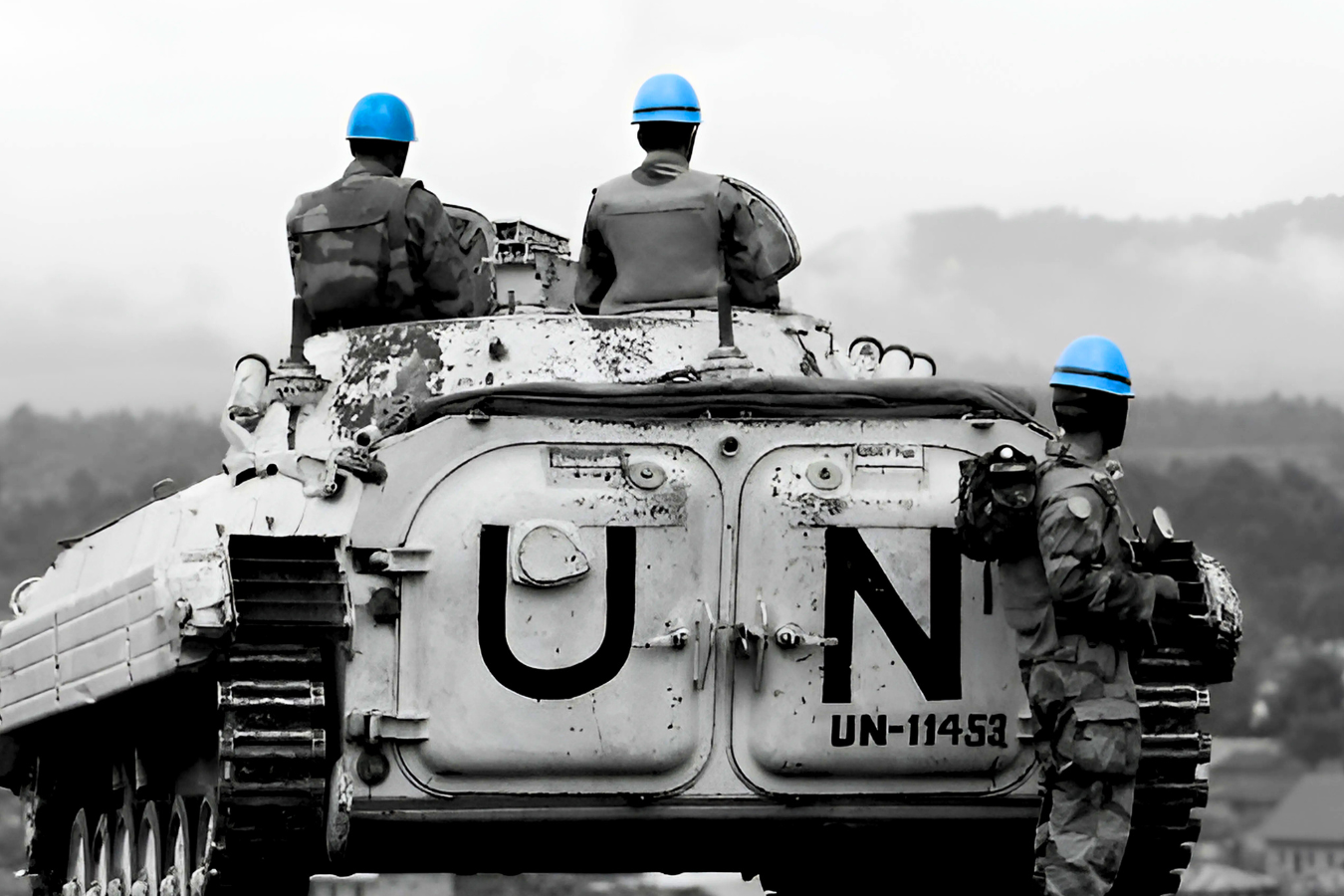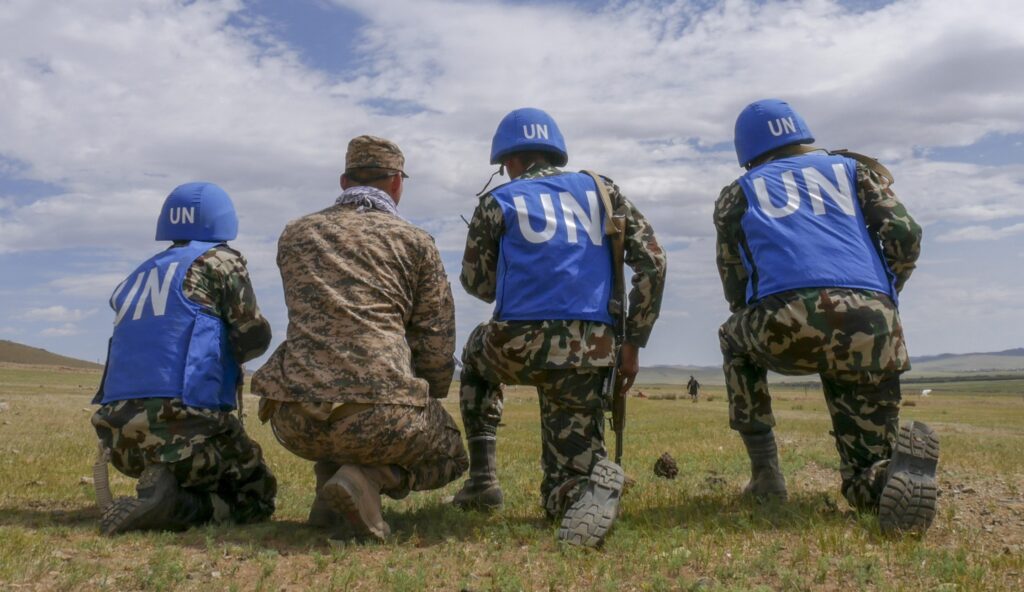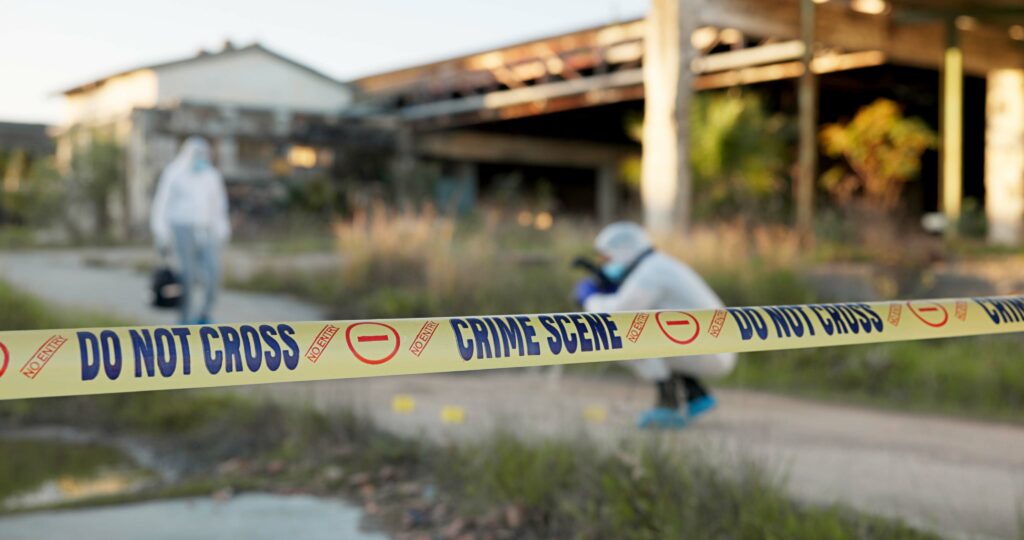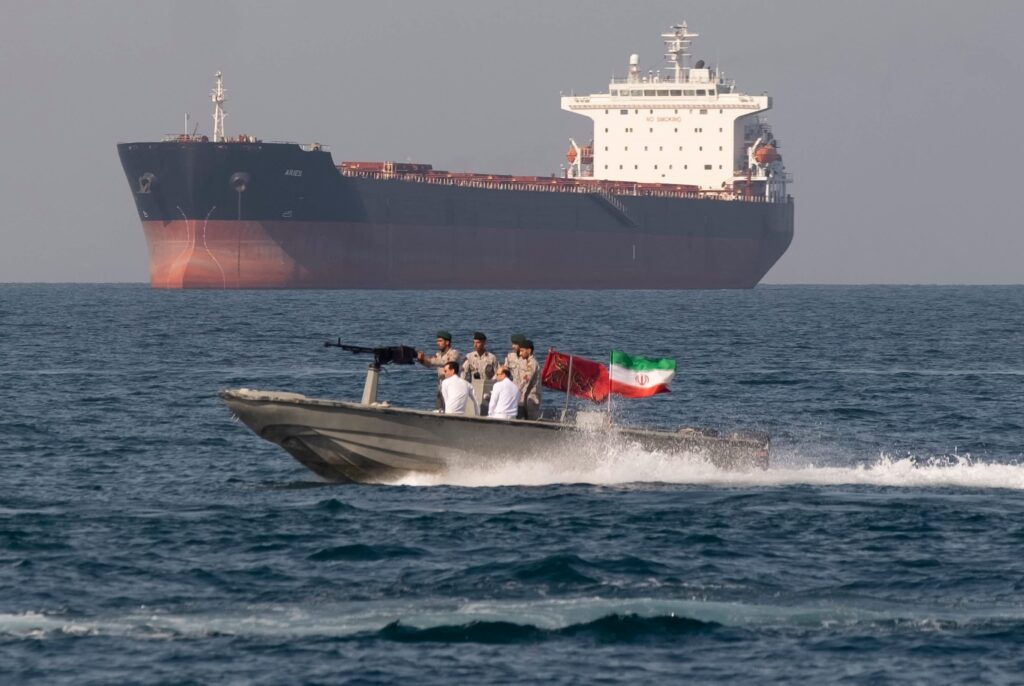Since 1945, the United Nations has had one overarching mission: to prevent World War III.
It’s an audacious mandate. And while critics today often point to examples of the organization’s inefficiency or bureaucratic sprawl, they tend to miss the moments the UN has deliberately made invisible: the wars that never happened.
There are no parades or breaking news alerts for conflicts that don’t erupt. But from Cold War standoffs to tense border disputes, the UN has quietly, repeatedly pulled the world back from the brink.
Here are five powerful stories of catastrophe averted — thanks to the UN.
Cuban Missile Crisis (1962): The UN’s Invisible Hand
Everyone remembers President Kennedy and Soviet Premier Khrushchev. Few remember the quiet diplomat who helped save the world: U Thant.

In October 1962, American U-2 planes spotted Soviet missiles in Cuba. Kennedy responded with a naval blockade. As Soviet ships steamed toward the Caribbean, it appeared that nuclear war was imminent.
Behind the scenes, UN Secretary-General U Thant stepped in.
At Kennedy’s request, he proposed a deal: the Soviets would halt their ships if the U.S. pledged not to invade Cuba. Coming from the UN, the proposal gave Khrushchev the political cover to back down without appearing weak.
Thant then flew to Havana and persuaded Fidel Castro to allow UN inspections of the missile dismantlement — becoming the only figure trusted by both Washington and Moscow to shuttle messages and verify compliance.
President Kennedy later remarked, “U Thant has put the world deeply in his debt.” Historians agree. Without the UN’s quiet diplomacy, the Cuban Missile Crisis could have ended in disaster.
Macedonia (1995): The Peacekeepers Who Prevented War
As Yugoslavia crumbled in the early 1990s, Bosnia and Croatia descended into violence and ethnic tensions surged across the Balkans. Most assumed Macedonia, a small former republic, would be next.

But war never came — thanks to a bold and little-known UN intervention.
At Macedonia’s request, the Security Council deployed 1,000 peacekeepers in 1995 under the UN Preventive Deployment Force (UNPREDEP). It was the first UN mission launched not to stop a war, but to prevent one.
American and Scandinavian troops monitored borders, tracked weapons flows and engaged with communities to ease tensions.
The result: six years of fragile but sustained peace.
Even U.S. lawmakers took notice. Congressman Lee Hamilton called it “the best example of conflict prevention done right.”
Bakassi Peninsula (2006): A Border That Didn’t Burn
In the 1990s, Nigeria and Cameroon teetered on the edge of war. At the heart of the dispute was the Bakassi Peninsula — a swampy, oil-rich sliver of land along the Gulf of Guinea. Both sides amassed troops as skirmishes broke out and tensions rose.
Then the UN stepped in.
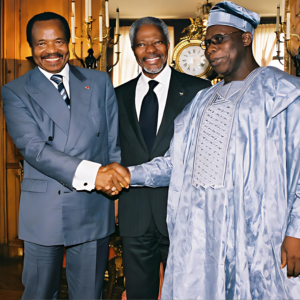
In 2002, the International Court of Justice ruled Bakassi belonged to Cameroon. When Nigeria resisted, Secretary-General Kofi Annan kicked off a years-long campaign of quiet diplomacy.
The UN established the Cameroon-Nigeria Mixed Commission to ease pressure, mediate community concerns and oversee a phased troop withdrawal.
In 2006, the presidents of Nigeria and Cameroon met in Greentree, New York, to sign a peace deal. By 2008, the last Nigerian soldier had left — without a single shot fired.
For Americans, this mattered. Nigeria is a major U.S. partner in energy and counterterrorism. A war there could have sparked regional instability with global consequences. The UN made sure it never happened.
Guinea (2010): From Massacre to Democracy in Less Than 12 Months

In 2009, Guinea was on the brink under the rule of a military junta. When thousands of pro-democracy protesters gathered in a stadium, soldiers opened fire. In addition to the more than 150 people killed, dozens of women were raped.
The UN acted swiftly.
Secretary-General Ban Ki-moon ordered an independent investigation. Its conclusion: crimes against humanity. Combined with regional pressure and international sanctions, Guinea’s leaders were forced to the negotiating table.
That December, the junta’s leader was shot by his own aide — a moment that could have plunged the country into deeper chaos. Instead, the UN and West African bloc ECOWAS helped guide a peaceful transition.
A resulting unity government helped usher in elections, and, in 2010, Guinea held its first democratic vote. It wasn’t perfect, but it was peaceful.
Thanks to early and sustained UN involvement, a massacre didn’t spiral into war — it gave way to democracy.
El Salvador (1992): A War Ended with Words, Not Weapons
For 12 years, El Salvador was engulfed in civil war. U.S.-backed government forces fought Marxist guerrillas. With death squads unchecked, an estimated 75,000 people died.
Peace seemed impossible until 1992, when the UN brokered a miracle.
After two years of intensive negotiation, the Chapultepec Peace Accords were signed in Mexico City. The agreement included sweeping military reforms, transitional justice mechanisms and democratic elections.
But the UN didn’t just mediate — it stayed to implement the peace.
It halved the army, dissolved the notorious security police, established a new civilian force and supported a Truth Commission to document atrocities. And when the process faltered, UN officials intervened to steady it.
El Salvador’s war didn’t end on the battlefield. It ended at the negotiating table — with the UN at the center.
The UN Hasn’t Drifted — It’s Doing Its Job
These examples aren’t anomalies. They’re reminders that the UN is still doing what it was created to do. Just quietly.
In a world hooked on crisis coverage, it’s easy to overlook what doesn’t happen. But the wars that never erupted are among the UN’s greatest triumphs – proof that prevention may not make headlines, but it changes history.
And for Americans, these outcomes matter. Fewer global emergencies. More stable partners. Less strain on U.S. troops. A safer world for everyone.
In the world of diplomacy, success often sounds like silence.
In a world hooked on crisis coverage… what doesn’t happen can change history.
